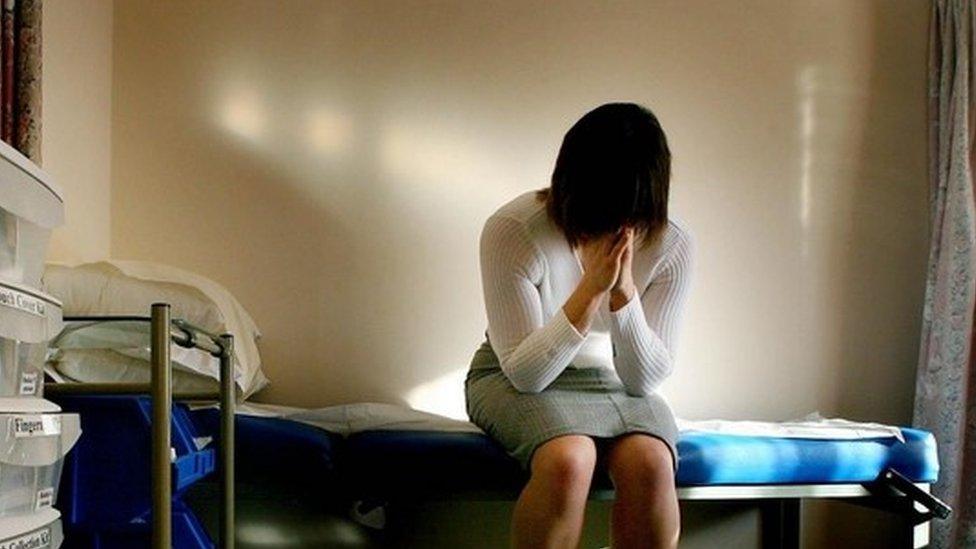Greater Manchester Police pledge to make rape victims priority
- Published
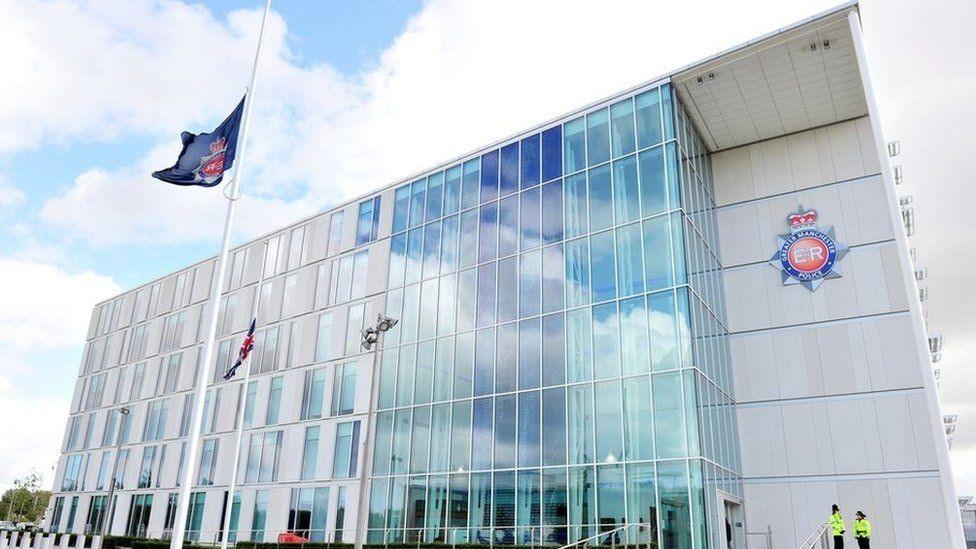
In 2022 GMP paid out damages to two women over failed sexual assault and rape investigations
A police boss has acknowledged that victims of sexual assault and rape "haven't always been at the heart" of investigations, after being part of a national pilot.
Greater Manchester Police (GMP) said the Home Office's Operation Soteria has "transformed" the service it offers.
The new model focuses on the perpetrator and past offending, rather than the credibility of victims.
But one support group said the force "still has a mountain to climb".
Last year GMP paid out damages to two women over failed sexual assault and rape investigations.
One woman was awarded an £8,000 pay out after she was told by officers "nothing would come" of her rape complaint and told that her husband should confront her alleged attacker.
Chief Constable Stephen Watson apologised in person to three women who were sexually abused by Rochdale grooming gangs who he said were "let down" by the force.
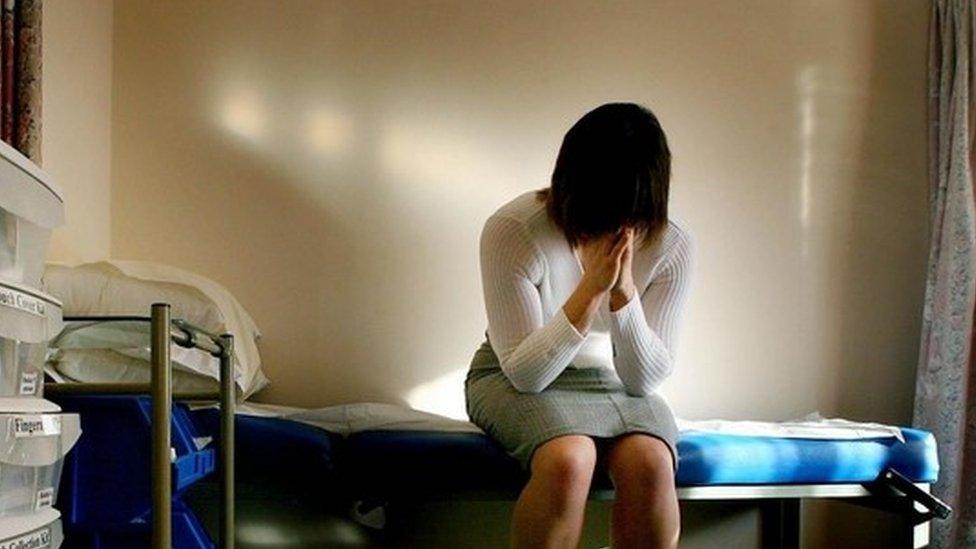
GMP will now focus on perpetrators and past offending, rather than the credibility of victims
GMP said it had recorded more rapes in the 12 months to May this year - an increase of 3.2% - because of better compliance with National Recording Standards and building public trust.
It said charges or summons have increased by 40.4% in the same period which equates to approximately 1 in 14. The national average is 1 in 15.
'Force priority'
Det Ch Supt Michaela Kerr said she "recognised" that victims "haven't always been at the heart" of policing, adding: "That is why you've got this significant investment in our response to rape, that's why it's a force priority now.
"There have been cases previously where we would say we're not proud of what we delivered. But we are really proud now of our approach to victims in Greater Manchester."
She added: "The service we offer now is transformationally different to what it was 12 months ago or two years ago. We want to deliver that support, that service that we know every victim deserves.
"GMP in 2023 is not the organisation it was five years ago and we constantly strive to be better."
Duncan Craig, chief executive of We Are Survivors, said GMP was "definitely on the right track" but said they "still have a fair bit to go".
He added: "GMP haven't sorted out the training of officers properly, there are some issues around trust with the public - and I don't think that's just around GMP, look at the country.
"The police have got a culture change to make. Covid has really impacted the court system - we've got huge bottlenecks in the court system across the country... and Manchester still has the title of having Britain's worst rape case in Reynhard Sinaga.
"We need to get experience and that desire to want to know more back in the force. There are certainly without a shadow of a doubt some phenomenal officers but they feel a little bit at the moment few and far between."
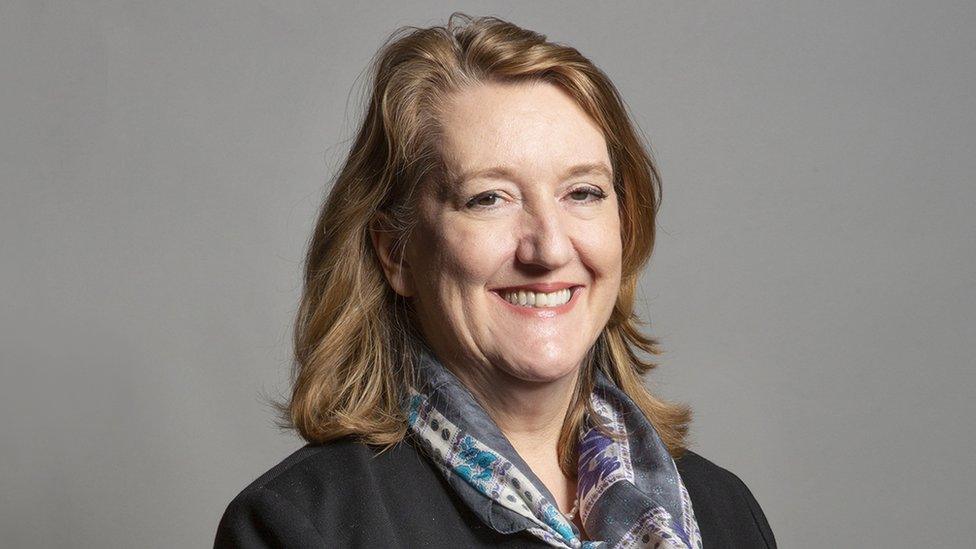
Minister Sarah Dines said Operation Soteria would "transform" policing
Operation Soteria will be rolled out later across all 43 police forces and 14 Crown Prosecution areas in England and Wales.
Explaining the thinking behind the operation, minister for safeguarding Sarah Dines, said: "Rape is a horrific crime and it is dismal that we've had so few prosecutions but that's why we're bringing out Operation Soteria.
"We want to transform the way the police work. It takes time, but all good change takes time to bed in and we do see those green shoots that are flourishing now and every single allegation that comes to a proper trial and a proper decision is a victim's triumph."
Additional reporting by Daniel O'Donoghue

Why not follow BBC North West on Facebook, external, Twitter, external and Instagram, external? You can also send story ideas to northwest.newsonline@bbc.co.uk, external
Related topics
- Published4 July 2023
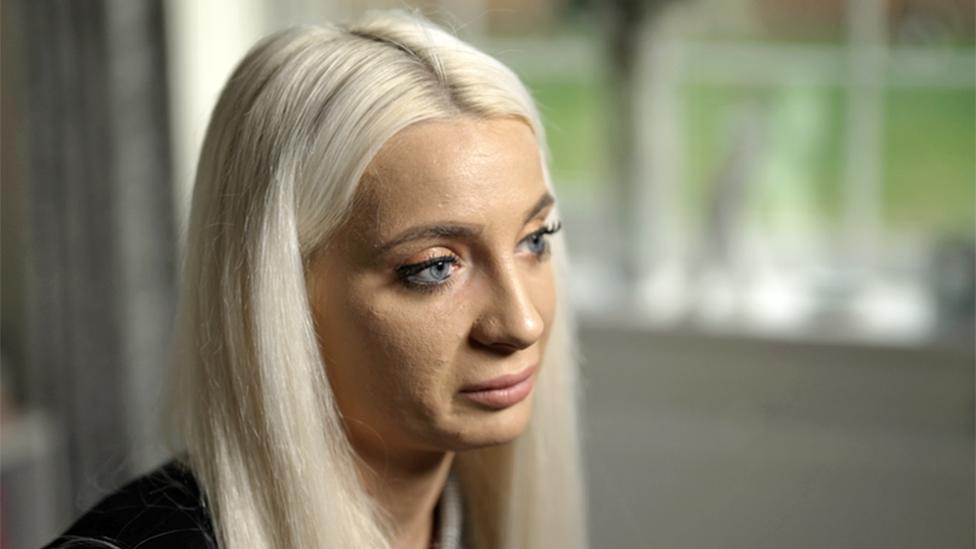
- Published12 May 2023
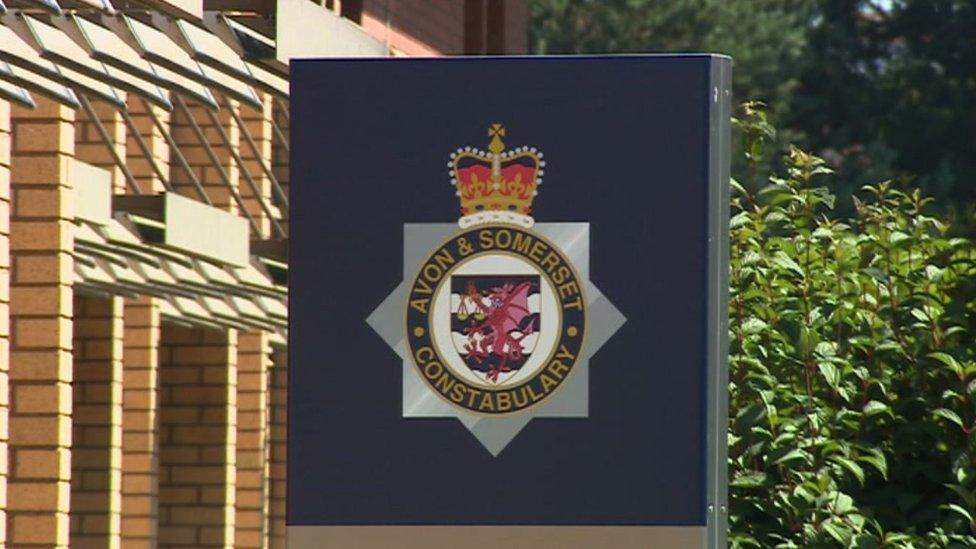
- Published4 March 2022
